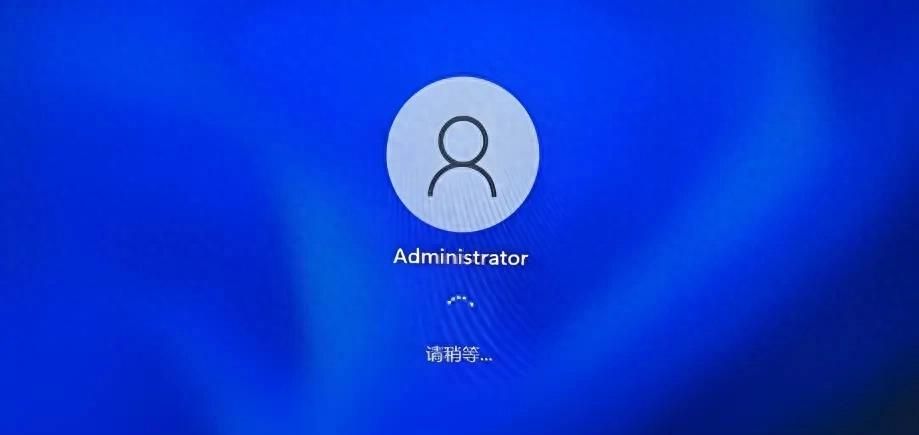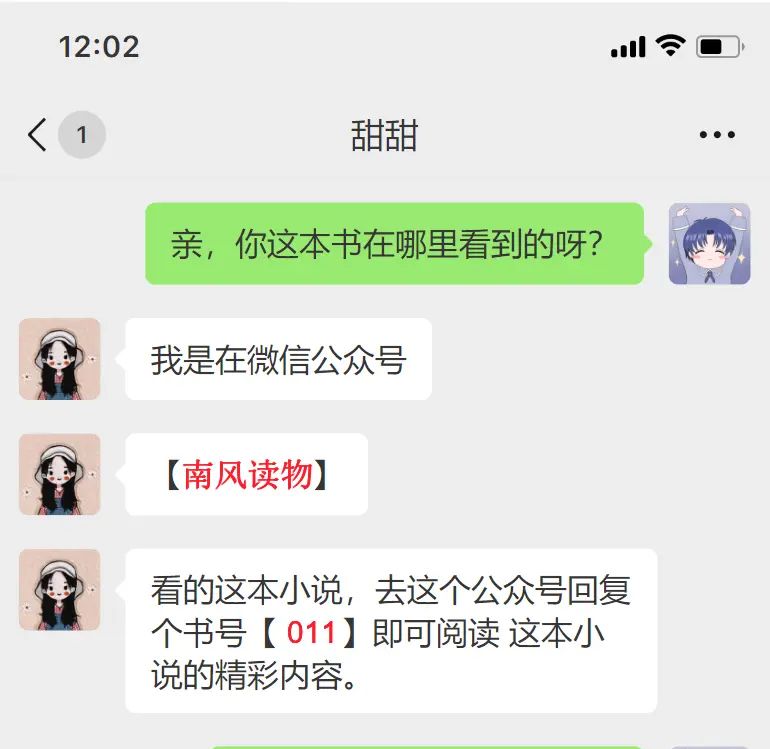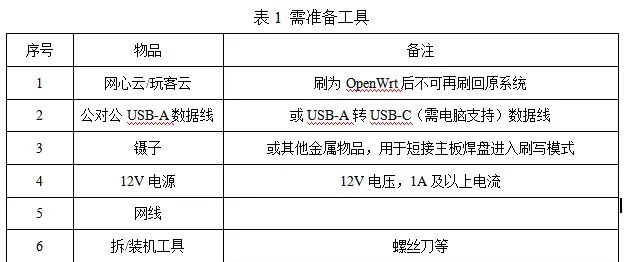获取视频信息 (ffprobe)
probe = ffmpeg.probe(args.in_filename)
video_stream = next((stream for stream in probe[ streams ] if stream[ codec_type ] == video ), None)
width = int(video_stream[ width ])
height = int(video_stream[ height ])
为视频生成缩略图

(
ffmpeg
.input(in_filename, ss=time)
.filter( scale , width, -1)
.output(out_filename, vframes=1)
.run()
)
将视频转换为 numpy 数组

out, _ = (
ffmpeg
.input( in.mp4 )
.output( pipe: , format= rawvideo , pix_fmt= rgb24 )
.run(capture_stdout=True)
)
video = (
np
.frombuffer(out, np.uint8)
.reshape([-1, height, width, 3])
)
通过管道将单个视频帧读取为 jpeg

out, _ = (
ffmpeg
.input(in_filename)
.filter( select , gte(n,{}) .format(frame_num))
.output( pipe: , vframes=1, format= image2 , vcodec= mjpeg )
.run(capture_stdout=True)
)
将声音转换为原始 PCM 音频

out, _ = (ffmpeg
.input(in_filename, **input_kwargs)
.output( - , format= s16le , acodec= pcm_s16le , ac=1, ar= 16k )
.overwrite_output()
.run(capture_stdout=True)
)
从帧序列组装视频

(
ffmpeg
.input( /path/to/jpegs/*.jpg , pattern_type= glob , framerate=25)
.output( movie.mp4 )
.run()
)
使用额外的过滤:

(
ffmpeg
.input( /path/to/jpegs/*.jpg , pattern_type= glob , framerate=25)
.filter( deflicker , mode= pm , size=10)
.filter( scale , size= hd1080 , force_original_aspect_ratio= increase )
.output( movie.mp4 , crf=20, preset= slower , movflags= faststart , pix_fmt= yuv420p )
.view(filename= filter_graph )
.run()
)
音频/视频管道
[图片上传失败…(image-53ab8c-1641985483494)]
in1 = ffmpeg.input( in1.mp4 )
in2 = ffmpeg.input( in2.mp4 )
v1 = in1.video.hflip()
a1 = in1.audio
v2 = in2.video.filter( reverse ).filter( hue , s=0)
a2 = in2.audio.filter( areverse ).filter( aphaser )
joined = ffmpeg.concat(v1, a1, v2, a2, v=1, a=1).node
v3 = joined[0]
a3 = joined[1].filter( volume , 0.8)
out = ffmpeg.output(v3, a3, out.mp4 )
out.run()
带有偏移和视频的单声道到立体声

audio_left = (
ffmpeg
.input( audio-left.wav )
.filter( atrim , start=5)
.filter( asetpts , PTS-STARTPTS )
)
audio_right = (
ffmpeg
.input( audio-right.wav )
.filter( atrim , start=10)
.filter( asetpts , PTS-STARTPTS )
)
input_video = ffmpeg.input( input-video.mp4 )
(
ffmpeg
.filter((audio_left, audio_right), join , inputs=2, channel_layout= stereo )
.output(input_video.video, output-video.mp4 , shortest=None, vcodec= copy )
.overwrite_output()
.run()
)
Jupyter 帧查看器
[图片上传失败…(image-120abf-1641985483494)]
Jupyter 流编辑器

TensorFlow 流式传输

- 使用 ffmpeg 解码输入视频
- 使用“深度梦想”示例使用 tensorflow 处理视频
- 使用 ffmpeg 编码输出视频
process1 = (
ffmpeg
.input(in_filename)
.output( pipe: , format= rawvideo , pix_fmt= rgb24 , vframes=8)
.run_async(pipe_stdout=True)
)
process2 = (
ffmpeg
.input( pipe: , format= rawvideo , pix_fmt= rgb24 , s= {}x{} .format(width, height))
.output(out_filename, pix_fmt= yuv420p )
.overwrite_output()
.run_async(pipe_stdin=True)
)
while True:
in_bytes = process1.stdout.read(width * height * 3)
if not in_bytes:
break
in_frame = (
np
.frombuffer(in_bytes, np.uint8)
.reshape([height, width, 3])
)
# 见例子/tensorflow_stream.py:
out_frame = deep_dream.process_frame(in_frame)
process2.stdin.write(
out_frame
.astype(np.uint8)
.tobytes()
)
process2.stdin.close()
process1.wait()
process2.wait()

FaceTime 网络摄像头输入 (OS X)
(
ffmpeg
.input( FaceTime , format= avfoundation , pix_fmt= uyvy422 , framerate=30)
.output( out.mp4 , pix_fmt= yuv420p , vframes=100)
.run()
)
从本地视频流式传输到 HTTP 服务器
video_format = "flv"
server_url = "http://127.0.0.1:8080"
process = (
ffmpeg
.input("input.mp4")
.output(
server_url,
codec = "copy", # 使用与原始视频一样的编解码器
listen=1, # 启用 HTTP 服务器
f=video_format)
.global_args("-re") # 参数充当直播流
.run()
)
要接收视频,您可以在终端中使用 ffplay:
$ ffplay -f flv http://localhost:8080
从 RTSP 服务器流式传输到 TCP 套接字
packet_size = 4096
process = (
ffmpeg
.input( rtsp://%s:8554/default )
.output( - , format= h264 )
.run_async(pipe_stdout=True)
)
while process.poll() is None:
packet = process.stdout.read(packet_size)
try:
tcp_socket.send(packet)
except socket.error:
process.stdout.close()
process.wait()
break
© 版权声明
文章版权归作者所有,未经允许请勿转载。如内容涉嫌侵权,请在本页底部进入<联系我们>进行举报投诉!
THE END




















暂无评论内容